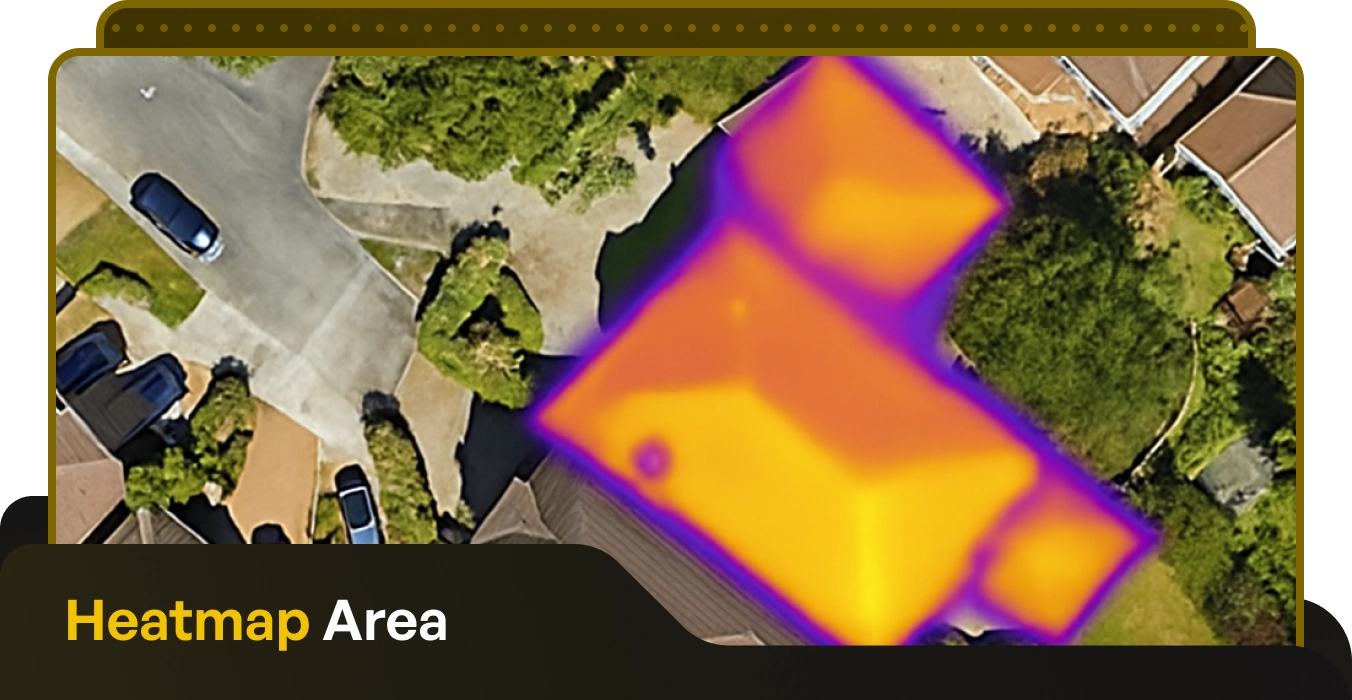Solar panels could increase carbon efficiency of small Irish farms

Written by: Michael Malone
Published: May 30, 2024
Last updated: October 9, 2025
Reading time: 1 mins
Could solar panels be a viable option for small farmers in Ireland to improve the carbon efficiency of their farms?
Despite small farms representing a small percentage of the agri-sector’s overall emissions, solar panels could have a great impact on their greenhouse gas efficiency – with added benefits on top.
A new Teagasc report shows that small farms of around 13 hectares have a small carbon footprint compared to larger farms, but their efficiency per kilogram of meat produced is actually higher.
There are 48,000 small farms in Ireland, representing 35% of the farms in the country and 15% of the total agricultural land.
The study shows that these small farms have low chemical fertilizer use, which means lower nitrogen and phosphorus balances compared to larger farms.
So with these farms producing just 4% of the agricultural sector’s emissions, why should we focus on them?
Apart from making farms more carbon efficient, solar PV has the added benefit of saving money on energy bills.
Teagasc found that in 2022 the average farm income on small farms was just €2,638 and that 80% had additional income, in the form of pensions or other off-farm employment.
With this in mind, saving hundreds per year on electricity bills would be something that small farmers would likely jump at.
But with minimal income, is it worth it for farmers to splash out on a solar PV system for their farm?
One way of reducing the initial costs is to avail of grants from the Sustainable Energy Authority. The SEAI’s Non-Domestic Microgen Grant (NDMG) offers up to €162,600 for farms and businesses to install solar panels.
A solar PV system comprising 16 panels installed on a farm rooftop (7kWp) might cost around around €7,300 after the grant is approved.
Of course, small farms are unlikely to opt for large solar systems – and will therefore receive a smaller grant amount.
A 7kWp system, taking up 35m2 of roof space, would qualify for a grant of €2,700, whereas a smaller system (3kWp) would qualify for €2,100.
In terms of annual savings, a 7kWp system on a south-facing farm rooftop could produce 6,000kWp of electricity per year.
Farmers who wish to avail of the SEAI’s Non-Domestic Microgen Grant have to apply for the grant online and wait for their letter of offer. Then they can undertake the installation of their solar panel system.
Grant offers are valid for 8 months from the date that the offer is received.
Be sure to check out our page dedicated to solar panels for Irish farms to find out more about how much you could save, and the grant which solar panel systems of different sizes would qualify.
Solar panels could increase carbon efficiency of small Irish farms
Published: May 30, 2024
Last updated: October 9, 2025

Written by: Michael Malone
Reading time: 1mins
Could solar panels be a viable option for small farmers in Ireland to improve the carbon efficiency of their farms?
Despite small farms representing a small percentage of the agri-sector’s overall emissions, solar panels could have a great impact on their greenhouse gas efficiency – with added benefits on top.
A new Teagasc report shows that small farms of around 13 hectares have a small carbon footprint compared to larger farms, but their efficiency per kilogram of meat produced is actually higher.
There are 48,000 small farms in Ireland, representing 35% of the farms in the country and 15% of the total agricultural land.
The study shows that these small farms have low chemical fertilizer use, which means lower nitrogen and phosphorus balances compared to larger farms.
So with these farms producing just 4% of the agricultural sector’s emissions, why should we focus on them?
Apart from making farms more carbon efficient, solar PV has the added benefit of saving money on energy bills.
Teagasc found that in 2022 the average farm income on small farms was just €2,638 and that 80% had additional income, in the form of pensions or other off-farm employment.
With this in mind, saving hundreds per year on electricity bills would be something that small farmers would likely jump at.
But with minimal income, is it worth it for farmers to splash out on a solar PV system for their farm?
One way of reducing the initial costs is to avail of grants from the Sustainable Energy Authority. The SEAI’s Non-Domestic Microgen Grant (NDMG) offers up to €162,600 for farms and businesses to install solar panels.
A solar PV system comprising 16 panels installed on a farm rooftop (7kWp) might cost around around €7,300 after the grant is approved.
Of course, small farms are unlikely to opt for large solar systems – and will therefore receive a smaller grant amount.
A 7kWp system, taking up 35m2 of roof space, would qualify for a grant of €2,700, whereas a smaller system (3kWp) would qualify for €2,100.
In terms of annual savings, a 7kWp system on a south-facing farm rooftop could produce 6,000kWp of electricity per year.
Farmers who wish to avail of the SEAI’s Non-Domestic Microgen Grant have to apply for the grant online and wait for their letter of offer. Then they can undertake the installation of their solar panel system.
Grant offers are valid for 8 months from the date that the offer is received.
Be sure to check out our page dedicated to solar panels for Irish farms to find out more about how much you could save, and the grant which solar panel systems of different sizes would qualify.
Solar Energy Saves Households Thousands in Electricity Costs
Take our 2-minute questionnaire and find affordable solar options to suit your budget and lifestyle.



